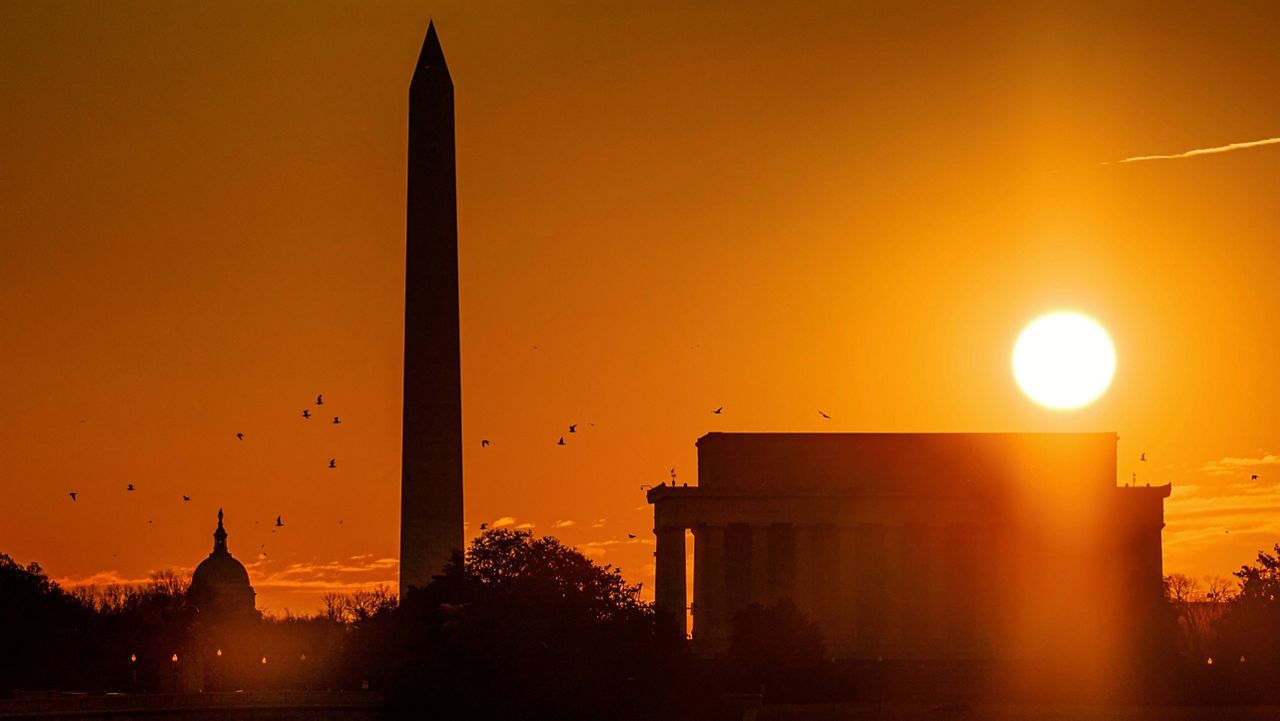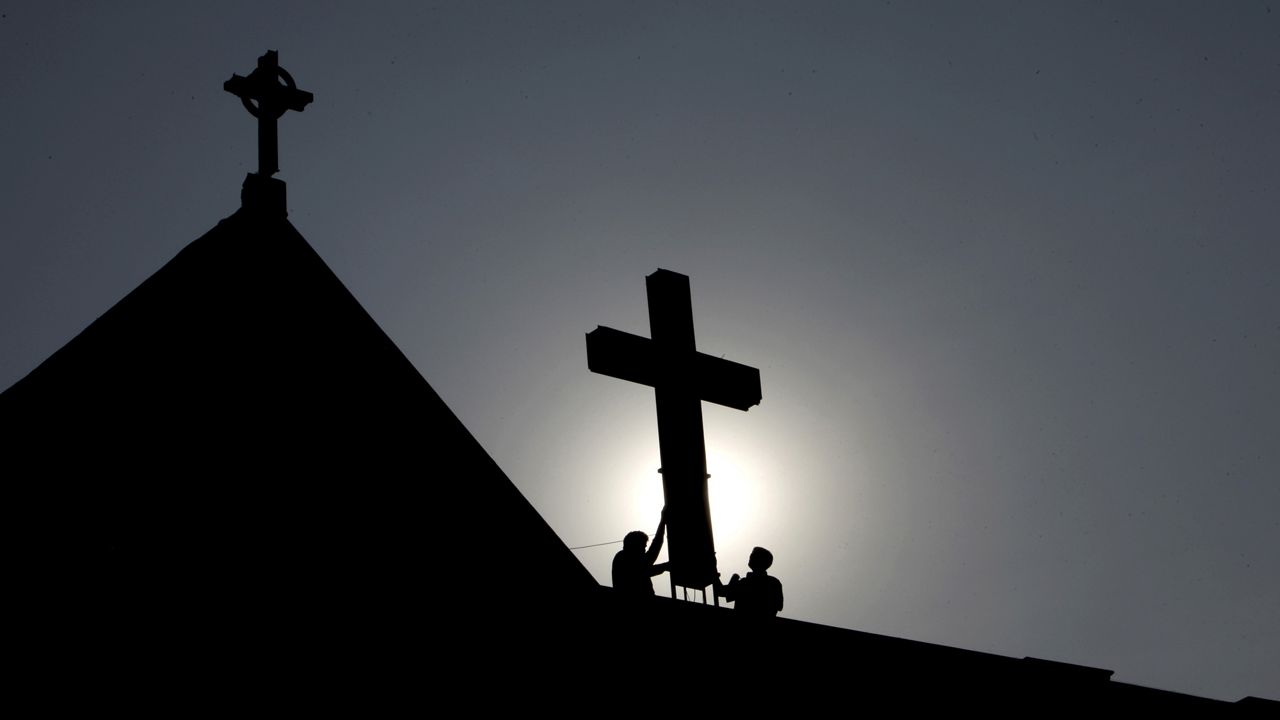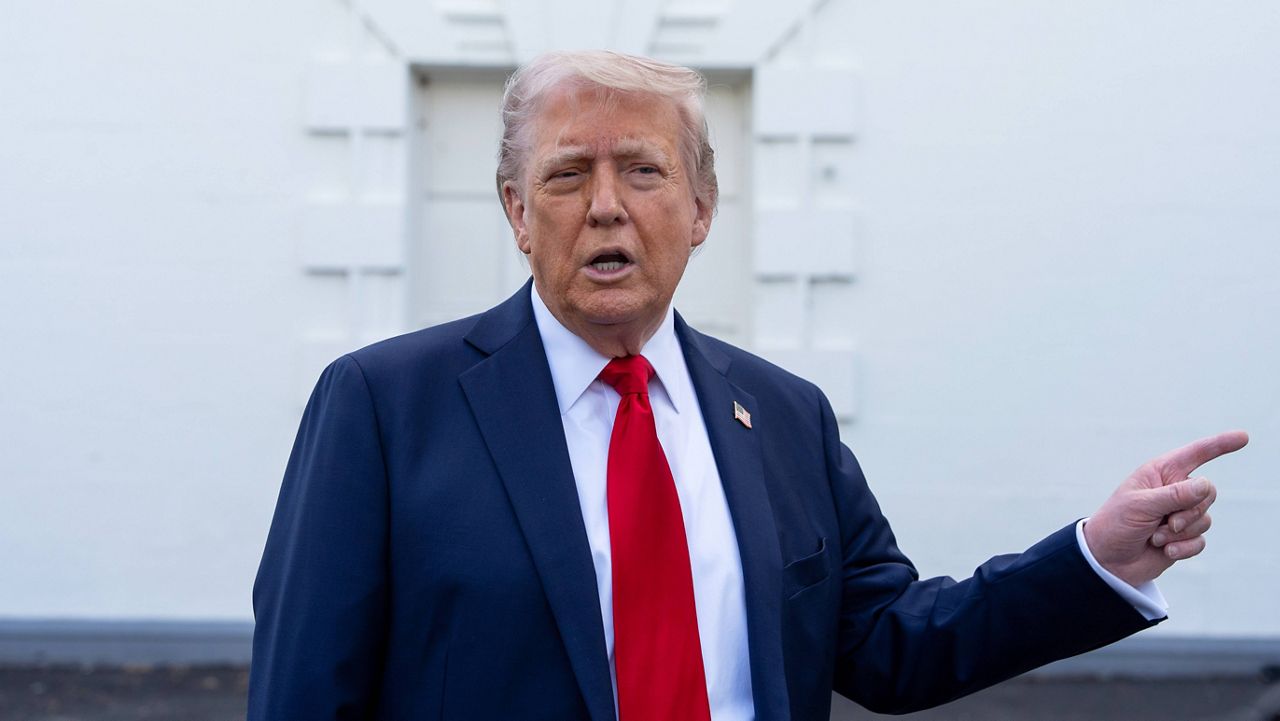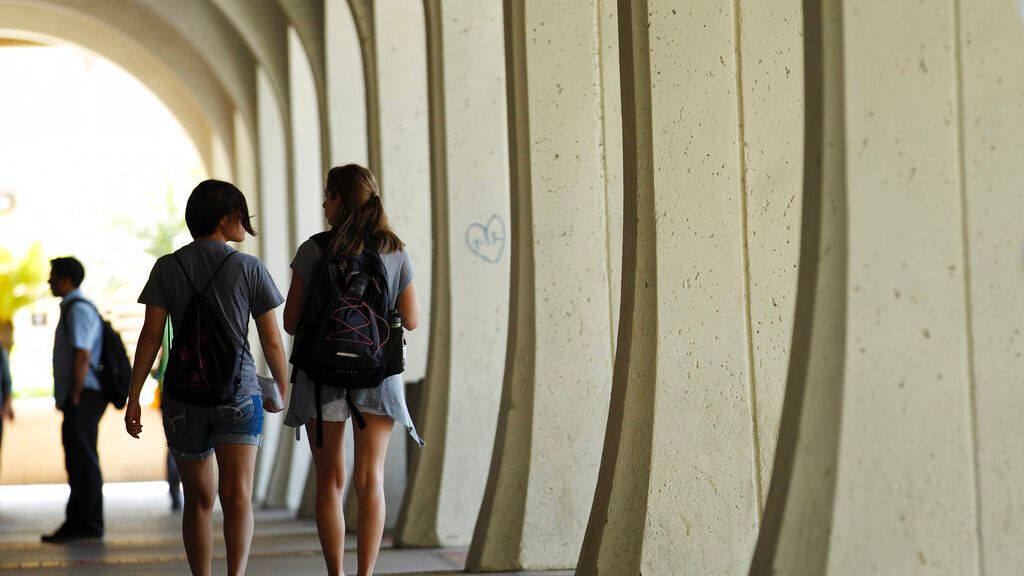WASHINGTON — President Donald Trump weighed in Friday on whether the U.S. should “lock the clocks,” calling on Congress to make daylight saving time permanent to allow for more daylight later in the day.
The president wrote in a post on Truth Social that the option is “Very popular and, most importantly, no more changing of the clocks, a big inconvenience and, for our government, A VERY COSTLY EVENT!!!”
Another option that has been considered as an alternative to changing the clock time twice per year is adopting standard time. Implementing permanent daylight saving time would mean brighter evenings, while sticking with standard time year-round would allow for more daylight in the mornings.
Last year, the president had said the U.S. should end daylight saving time but seemed to back away from the issue in March, saying, “It’s something I can do, but a lot of people like it one way, a lot of people like it the other way. It’s very even."
Trump’s most recent recommendation came a day afte lawmakers heard testimony at a Senate Commerce, Science and Transportation Committee hearing, billed as exploring if either daylight saving time or standard time should be made permanent.
“For many Americans, this biannual ritual is a minor inconvenience, something we endure without giving it much thought," said Sen. Ted Cruz, R-Texas, the committee's chairman. "But when we take a closer look at the implications of changing the clocks, its impact on our economy, our health and our everyday lives, we can see that this practice is more than an annoyance."
Advocates of the restoration of permanent standard time cite the health benefits, saying more daylight in the earlier part of the day aligns closely with the body’s internal clock and would help to reduce sleep deprivation. Those who want clocks set to daylight saving time year-round argue that it would benefit businesses by leading to increased economic activity in the brighter evenings.
“There is widespread agreement on locking the clock, but where to lock it?" Cruz said. "The reason we are holding these hearings is because these are real arguments, and they have real impacts on people."
During Thursday’s hearing, Sen. Rick Scott, R-Fla., touted his Sunshine Protection Act bill, which he said would “lock the clock” year round at daylight saving time.
“The American people are sick and tired of changing their clocks twice a year," Scott said. "It’s confusing, unnecessary and completely outdated."
At least one lawmaker also advocated for states to be able to decide for themselves.
“Under permanent daylight saving time, sunrise would be delayed until 9:02 a.m., meaning Hoosiers would begin their day in darkness for much of the winter,” said Sen. Todd Young, R-Ind. “Leaving this decision to the states might allow local leaders who best understand their communities to weigh the special needs of the residents.”
Daylight saving time was originally implemented in the U.S. during World War I as a cost-saving measure.
Each year in 48 states, clocks “spring forward” one hour on the second Sunday in March and then “fall back” one hour on the first Sunday in November.
Although daylight saving time is a federal mandate, two states have opted out — Arizona (with the exception of the Navajo Nation) and Hawaii. The Sunshine Protection Act would allow states that don't change their clocks to daylight saving time to stay at standard time.











